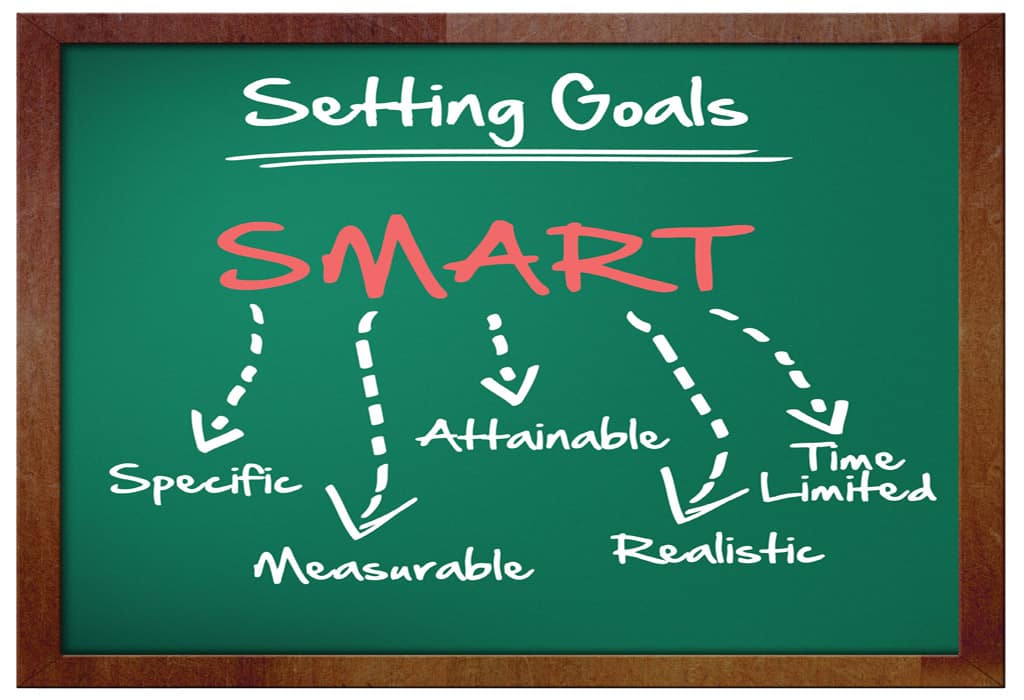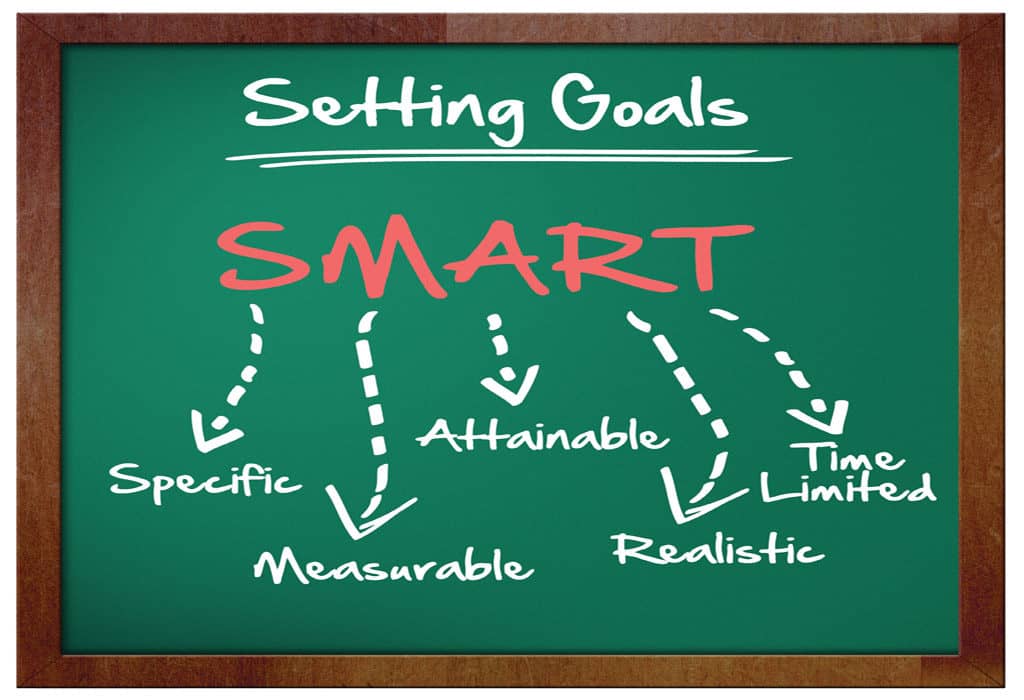Setting Goals And Getting What You Want

Setting goals can seem like a daunting task, but it doesn’t have to be. By taking some time to think about what you want, and breaking your task down into smaller pieces, you can achieve anything you set your mind to. It’s important to be realistic when setting a goal and to give yourself a timeline to work with. But as long as you’re willing to put in the work, there’s no reason you can’t get exactly what you want.
In order to achieve anything you’ve ever wanted in your life, you need to set goals. Without them, you’ll never have a clear plan or direction and you’ll only be shooting in the dark, hoping that something good will happen. To increase the chances of getting what you want, you need to take the time to set specific and achievable goals. Once you have your goals set, it’s important to take action and not just sit around waiting for things to happen.
Goals and Why We Set Them?
Goals are the steps we take to achieve our desired outcome. They help us focus our efforts and stay on track. People set goals for many reasons, including to lose weight, save money, or get ahead in their careers. They give us a sense of purpose and motivation. It helps us stay organized and efficient. And when we reach our goals, it feels great!
Not All Goals are Created Equal.
When it comes to setting goals, not all of them are created equal. Some are more attainable than others and some require more work to achieve. Knowing the difference between the two can help keep everything more realistic and attainable. Some are more important than others. When setting a goal, ask yourself whether or not achieving it is going to move you closer to your long-term objectives. If the answer is no, then it might not be worth your time and energy to pursue.
Some goals take longer to achieve than others. This doesn’t mean that you shouldn’t pursue something that will take longer to achieve. But it does mean that you should be prepared for the possibility that it may take some time to reach your destination. Here are a few things to keep in mind when setting goals that may take longer to achieve:
- Be patient: It’s important to remember that good things come to those who wait. If you’re patient and persistent, you’ll eventually succeed.
- Stay focused: When working towards a long-term goal, it’s easy to get sidetracked or discouraged. Stay focused on what you want to achieve, and don’t let anything get in your way.
- Finally, create a plan of action and stick to it. This may mean breaking everything down into smaller steps that you can complete over time. Whatever your plan is, make sure to stay focused and committed to the end.
What Do You Want?
When it comes to setting goals and getting what you want, it’s important to know what you want. What do you want in life, in your career, and in your relationships? Once you know what you want, you can start setting a course to help you achieve those things. So, what do you want? Take a moment and make a list of things you’d like to achieve in life. These achievements become the milestone markers that tell us when we’re on the right track.
But knowing what you want is only half the battle. You also need to know how to set goals that will help you achieve your desires. That means having a specific, achievable, and realistic plan. It also means having a plan for reaching those goals. Without a plan, it’s easy to get sidetracked or give up altogether. If you’re not sure where to start, there are plenty of resources available to help you figure out what you want and how to achieve it.
The 5-Step SMART Process.
How exactly do you go about setting and achieving goals? There is no one-size-fits-all answer. You can increase your chances of success by following a general framework.
The SMART outline is a simple yet effective way to set any goal. By following these five steps, you can confidently accomplish anything you set your mind to.
- S – Specific (Being clear and concise makes it easier to achieve goals and easier to get started on them.)
- M – Measurable (Help you measure your progress and know when your goal has been accomplished.)
- A – Attainable (ensure you have total control over any process needed to accomplish your goal.)
- R – Relevant (By setting realistic goals, you can reduce the amount of unnecessary stress and pressure you feel.)
- T – Time-limited (In addition to helping you stay focused and motivated, setting a timetable helps to keep you on track.)
Conclusion
In conclusion, setting goals is an important part of life. Without them, people would not have anything to strive for. Additionally, they can help people stay motivated and focused. Also, achieving them can lead to a sense of accomplishment and pride.
If you want to achieve something, set a goal. Having a detailed plan with specific steps will help to increase the likelihood of success. If you do not have a goal, start by setting one. It should be specific, measurable, attainable, realistic, and time-limited.
Remember to stay motivated and keep your eye on the prize. With dedication and hard work, you can achieve anything you set your mind to. To increase your chances of success, tell others about your goals, write them down and make a plan to achieve them. Finally, don’t forget to celebrate your progress along the way.
Disclosure: Some of the links in this article may be affiliate links, which can provide compensation to us at no cost to you if you decide to purchase. This site is not intended to provide financial advice. You can read our affiliate disclosure in our privacy policy.

